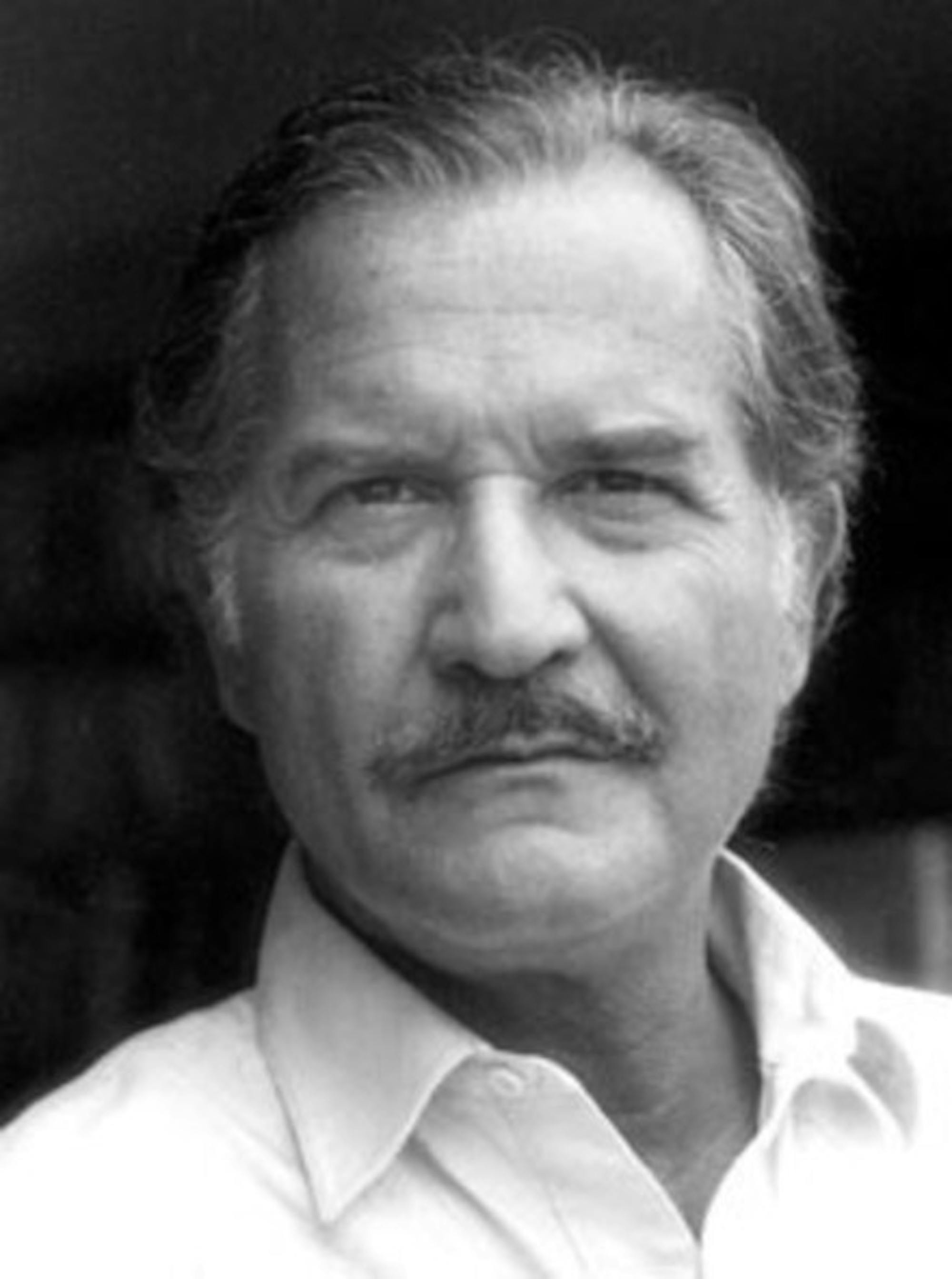"He's a really important figure in political science, history, government, Spanish and literature. [This is] one of the first times that we go beyond just a literature person," comparative literature graduate student Lillian Kanso said, whose department invited Fuentes to speak.
According to Kanso, Fuentes bridges the interests of students and faculty from many different departments, bringing people of all academic backgrounds together.
"We think that the point of the lecture is to bring the community together to honor [Zantop]. [We thought] about somebody who both the community will enjoy seeing and who she would enjoy seeing ... She was a really important person to the school," Kanso said.
Zantop's legacy was present throughout the lecture, with President James Wright discussing his personal relationship with Zantop and her relationship with the Dartmouth community as pained faces in the audience recalled the tragedy of the murders.
"This occasion makes vividly clear how much Dartmouth misses them and makes clear our commitment to their memory," Wright said. "[Suzanne Zantop] was bold, she was outspoken, she was quick to laugh, and she was always wonderfully warm."
Descriptions of Zantop pin her as the ideal audience for such an enthusiastic and accomplished speaker as Fuentes, who engaged his audience with quick jokes and reflected his personality throughout the speech.
Fuentes lectured about the creative process and the evolution and use of time and reality in novels, largely drawing upon Miguel de Cervante's "Don Quijote de la Mancha."
"Cervantes tells us that the novel does not preach certainties, it reveals uncertainties. Reality itself is uncertain and reality is uncertain because it is ... diversified," Fuentes said.
Fuentes focused mostly on literature and shied away from strong political commentary, despite previous expectations that he would discuss current topics in the media.
"I don't think he avoided a discussion of politics -- he has always been an incredibly outspoken public figure and is never one to shy away from political issues. Had he been asked to comment, I am sure he would have," Kanso said.
Fuentes is the bestselling author of "The Death of Artemio Cruz" (1962) and "Old Gringo" (1985). His work also includes numerous short stories and essays, focusing mostly on Mexican identity.




